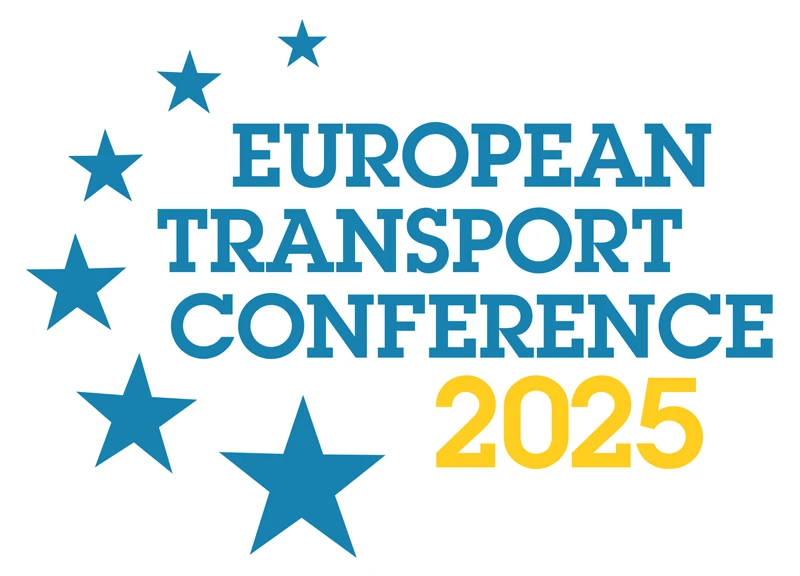-
Past ETC Papers

Browse, search and view papers from the past AET Conferences.
-
Members' Area

AET promotes networking and exchange of ideas, information and opportunities amongst members.
Conference Papers 2012
Glasgow, United Kingdom
ETC Conference Papers 2012
A tale of quiet efficiency: how hybrid buses are benefitting the environment and reducing financial costs for King County Metro
Seminar
Day 1 (8 Oct 2012), Towards a Sustainable Fleet, ELECTRIC VEHICLES: PLANNING FOR MORE SUSTAINABLE TRANSPORT, 11:00 - 13:00
Status
Accepted, awaiting documents
Authors
H O Ferguson, J Ritchie, Stoel Rives LLP, US
Short abstract
This paper analyzes Metro’s experience with hybrid buses during the past decade and forecasts the impact of increased use of hybrids in the years to come.
Abstract
King County Metro is a local government agency that provides public transit service to more than 100 million riders annually in the metropolitan area of Seattle, Washington (USA). In 2002, Metro put its first hybrid (diesel-electric) bus into service. Since that initial run, Metro has expanded its use of hybrid buses, which now comprise more than 42 percent of Metro’s entire fleet of about 1,300 vehicles.
With the increased use of hybrid buses, Metro and the population it serves have realized substantial environmental and financial benefits. Environmentally, both carbon and diesel particulate emissions have dropped considerably as hybrid buses have replaced diesel-only vehicles. Metro has also achieved a corresponding drop in noise pollution along urban and suburban routes. Financially, Metro’s fuel costs have dropped substantially, and maintenance costs also have dropped because of the increased reliance on simple-design motors and braking systems.
As a result of these benefits, Metro plans to increase the number of hybrids in its fleet. This paper analyzes Metro’s experience with hybrid buses during the past decade and forecasts the impact of increased use of hybrids in the years to come.
Documents:
No documents yet.
Association For
European Transport
Forester House
Doctors Lane
Henley-in-Arden
Warwickshire, UK
B95 5AW
+44 (0) 15 64 793552
VAT number: 710 1866 64
Conference Supporters & Endorsers




Legal Entity
The Association for European Transport is registered as an Association ('vereniging') with the Chamber of Commerce for Haaglanden in The Netherlands under company number 27170096.
Built on Zenario




